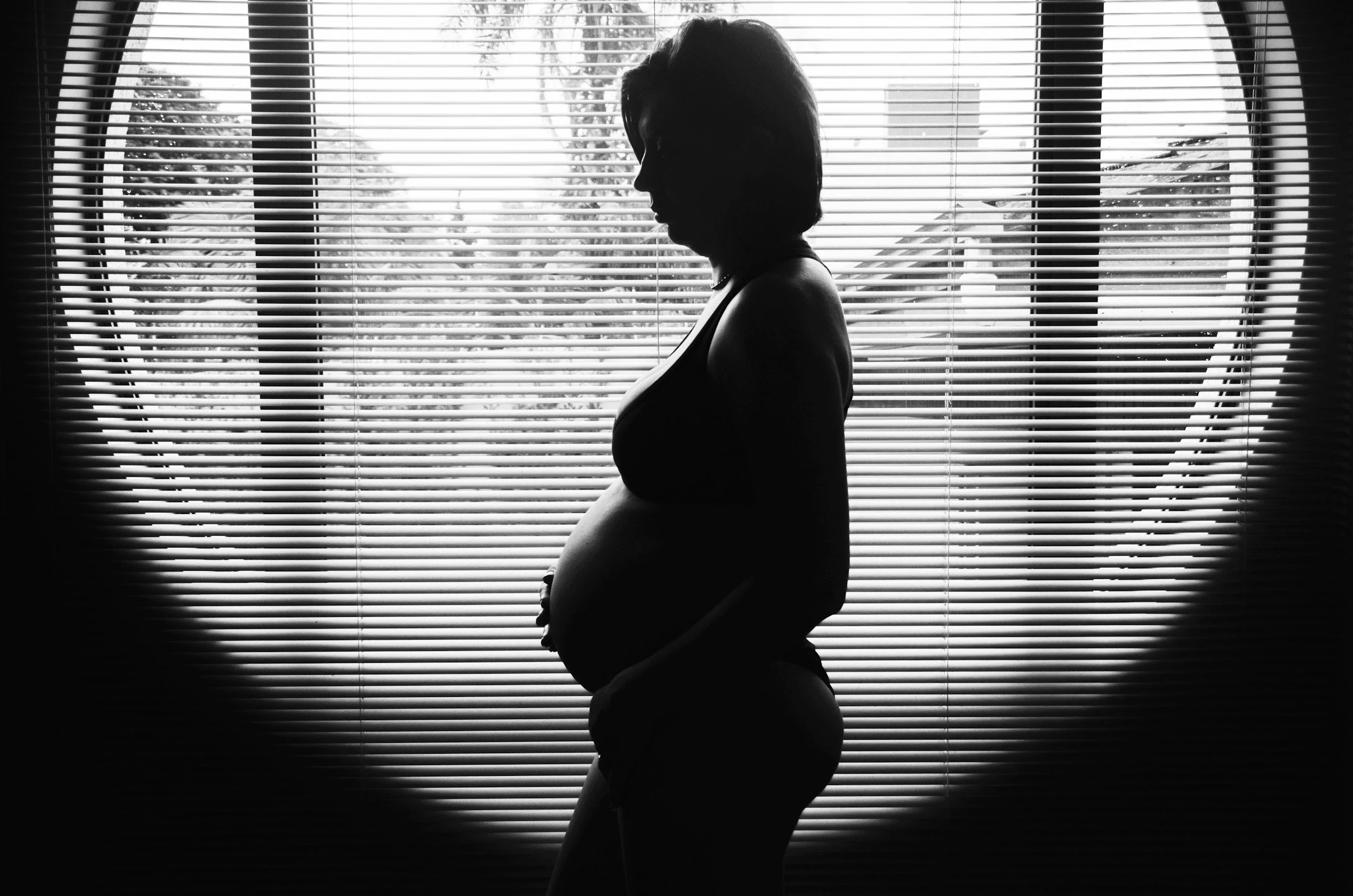Perinatal Mental Health
Postpartum Depression (PPD) can feel like the catch all of perinatal mental health, but it is not the only diagnosis. The other diagnoses include: Perinatal Anxiety, Perinatal Obsessive Compulsive Disorder (OCD), Perinatal Post-Traumatic Stress Disorder (PTSD) and Perinatal/Postpartum Psychosis (PPP). Collectively these diagnoses are known as Perinatal Mood and Anxiety Disorders (PMADs). The following is a breakdown of each diagnosis.
Perinatal/Postpartum Depression (PPD)
First and foremost, let’s start with the most familiar diagnosis: Postpartum Depression. Even though it is the “catch all” for perinatal mental health it occurs more often than most people think. Research shows that 1 in 5 women and 1 in 10 men may experience depression during the perinatal phase (during pregnancy and up to about 1 year after delivery). Symptoms can include:
Feelings of anger, irritability, sadness and/or rage
Lack of interest in baby
Disturbances of sleep and appetite
Crying spells
Feelings of guilt, shame or hopelessness
Loss of interest, joy or pleasure in things once enjoyed
Possible thoughts of harming baby or self
Perinatal Anxiety
Like PPD 1 in 5 women and 1 in 10 men may experience anxiety during the perinatal period. It can be experienced independently from PPD, but it is often in combination with depressed feelings. Symptoms can include:
Constant worry
Feeling that something bad might happen
Racing thoughts
Disturbances in sleep or appetite
Inability to relax or sit still
Dizziness, hot flashes, diarrhea and nausea
Feelings of anger, irritability, rage, and/or anxiety
Perinatal Obsessive Compulsive Disorder (OCD)
Rates for new-onset OCD in pregnancy/postpartum range from 2 to 24%, whereas preexisting OCD might be exacerbated during the perinatal phase for women at a more variable rate (8 to 70%). Perinatal OCD is marked by obsessions (repetitive, unwanted, intrusive thoughts) and compulsions (irrational, excessive urges to do certain actions) during pregnancy or postpartum. The obsessions and compulsions might be focused on the health/safety of the pregnancy and/or baby and might also interfere with daily tasks/functioning. Symptoms can include:
Obsessions (repetitive, unwanted, intrusive thoughts) that are often distressing
Compulsions (irrational, excessive urges to do certain actions) in an effort to reduce fears and obsessions. For example, continual cleaning, checking, counting, arranging, reordering things and/or avoiding triggers.
Fear of being left alone with baby
Hypervigilance in protecting baby
Perinatal Post-Traumatic Stress Disorder (PTSD)
Studies indicate birth-related PTSD impacts about 17% of postpartum parents. Perinatal PTSD can be caused by a traumatic or distressing experience during pregnancy, childbirth or postpartum. This could include, but is not limited to: pregnancy or childbirth complications/injury, unplanned C-section, premature birth, NICU care, and feelings of powerlessness and/or lack of support during delivery. Symptoms can include:
Intrusive thoughts, memories and/or flashbacks
Avoidance of trauma reminders
Emotional numbness
Changes in arousal and reactivity (anger, irritability, anxiety, difficulty sleeping)
Negative mood and cognition changes (difficulty focusing, memory problems, negative thoughts)
Perinatal/Postpartum Psychosis
Perinatal/Postpartum Psychosis (PPP) usually has an onset in the first 2 weeks postpartum, but can arise within a year postpartum. PPP is diagnosed in approximately 1-2 out of every 1,000 deliveries. Symptoms can include:
Delusions or strange beliefs
Irrational judgment
Hallucinations (seeing or hearing things that aren’t there)
Feeling agitated
Hyperactivity or more energy than usual
Severe depression or lack of emotion
Decreased need for or inability to sleep
Paranoia and/or suspiciousness
Rapid mood swings
Difficulty communicating
Possible thoughts of harming baby or self
To learn more: Postpartum Support International (PSI).



